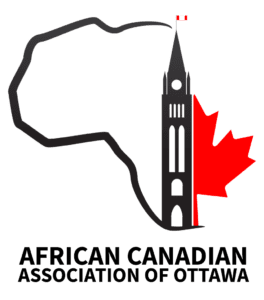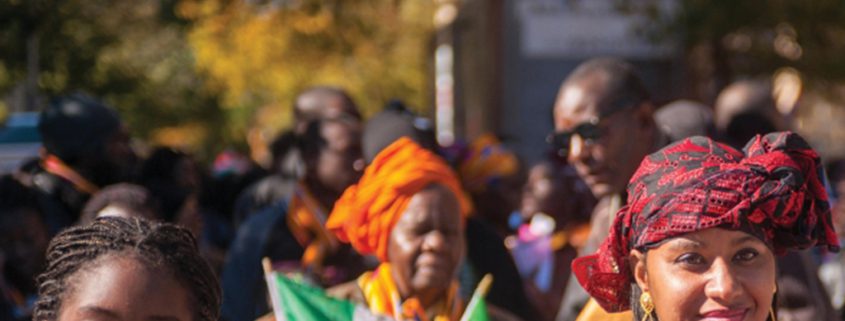2019: Year of return for African Diaspora
In the heart of Accra, Ghana’s capital, just a few meters from the United States embassy, lie the tombs of W. E. B. Du Bois, a great African-American civil rights leader, and his wife, Shirley. The founder of the US-based National Association for the Advancement of Colored People moved to Accra in 1961, settling in the city’s serene residential area of Labone and living there until his death in August 1963.
Mr. Du Bois’s journey to Ghana may have signaled the emergence of a profound desire among Africans in the diaspora to retrace their roots and return to the continent. Ghana was a major hub for the transatlantic slave trade from the 16th to the 19th centuries.
In Washington, D.C., in September 2018, Ghana’s President Nana Akufo-Addo declared and formally launched the “Year of Return, Ghana 2019” for Africans in the Diaspora, giving fresh impetus to the quest to unite Africans on the continent with their brothers and sisters in the diaspora.
At that event, President Akufo-Addo said, “We know of the extraordinary achievements and contributions they [Africans in the diaspora] made to the lives of the Americans, and it is important that this symbolic year—400 years later—we commemorate their existence and their sacrifices.”
200 yrs
since the abolition of slavery
US Congress members Gwen Moore of Wisconsin and Sheila Jackson Lee of Texas, diplomats and leading figures from the African-American community, attended the event. Representative Jackson Lee linked the Ghanaian government’s initiative with the passage in Congress in 2017 of the 400 Years of African-American History Commission Act. Provisions in the act include the setting up of a history commission to carry out and provide funding for activities marking the 400th anniversary of the “arrival of Africans in the English colonies at Point Comfort, Virginia, in 1619.”
Since independence in 1957, successive Ghanaian leaders have initiated policies to attract Africans abroad back to Ghana.
In his maiden independence address, then–Prime Minister Kwame Nkrumah sought to frame Africa’s liberation around the concept of Africans all over the world coming back to Africa.
“Nkrumah saw the American Negro as the vanguard of the African people,” said Henry Louis Gates Jr., Director of the Hutchins Center for African and African American Research at Harvard, who first traveled to Ghana when he was 20 and fresh out of Harvard, afire with Nkrumah’s spirit. “He wanted to be able to utilize the services and skills of African-Americans as Ghana made the transition from colonialism to independence.”
Ghana’s parliament passed a Citizenship Act in 2000 to make provision for dual citizenship, meaning that people of Ghanaian origin who have acquired citizenships abroad can take up Ghanaian citizenship if they so desire.
That same year the country enacted the Immigration Act, which provides for a “Right of Abode” for any “Person of African descent in the Diaspora” to travel to and from the country “without hindrance.”
The Joseph Project
In 2007, in its 50th year of independence, the government initiated the Joseph Project to commemorate 200 years since the abolition of slavery and to encourage Africans abroad to return.
Similar to Israel’s policy of reaching out to Jews across Europe and beyond following the Holocaust, the Joseph Project is named for the Biblical Joseph who was sold into slavery in Egypt but would later reunite with his family and rule Egypt.
The African-American community is excited about President Akufo-Addo’s latest initiative. In social media posts, many expressed interest in visiting Africa for the first time. Among them is Amber Walker, a media practitioner who says that 2019 is the time to visit her ancestral home.
This post is also available in: French











